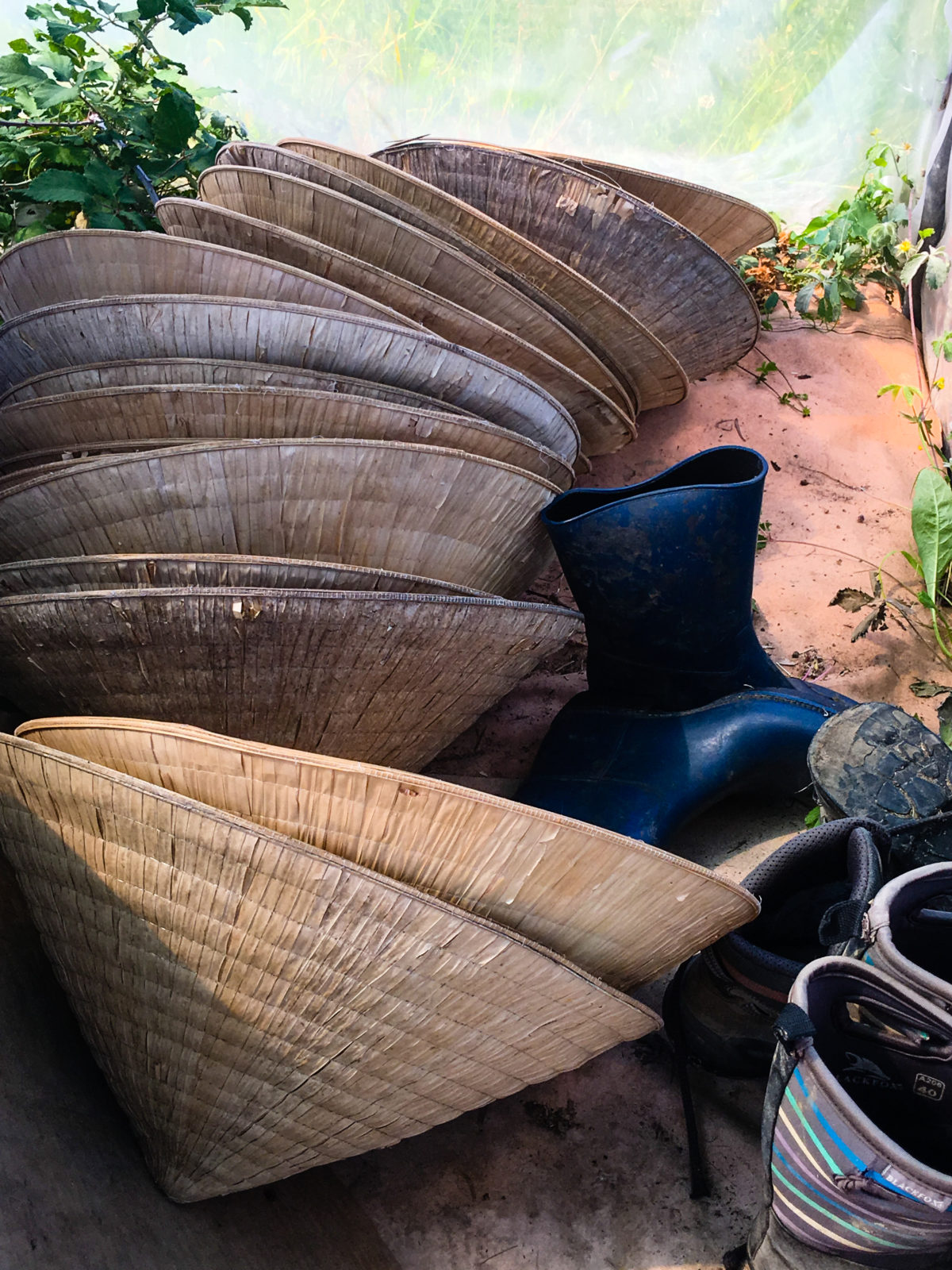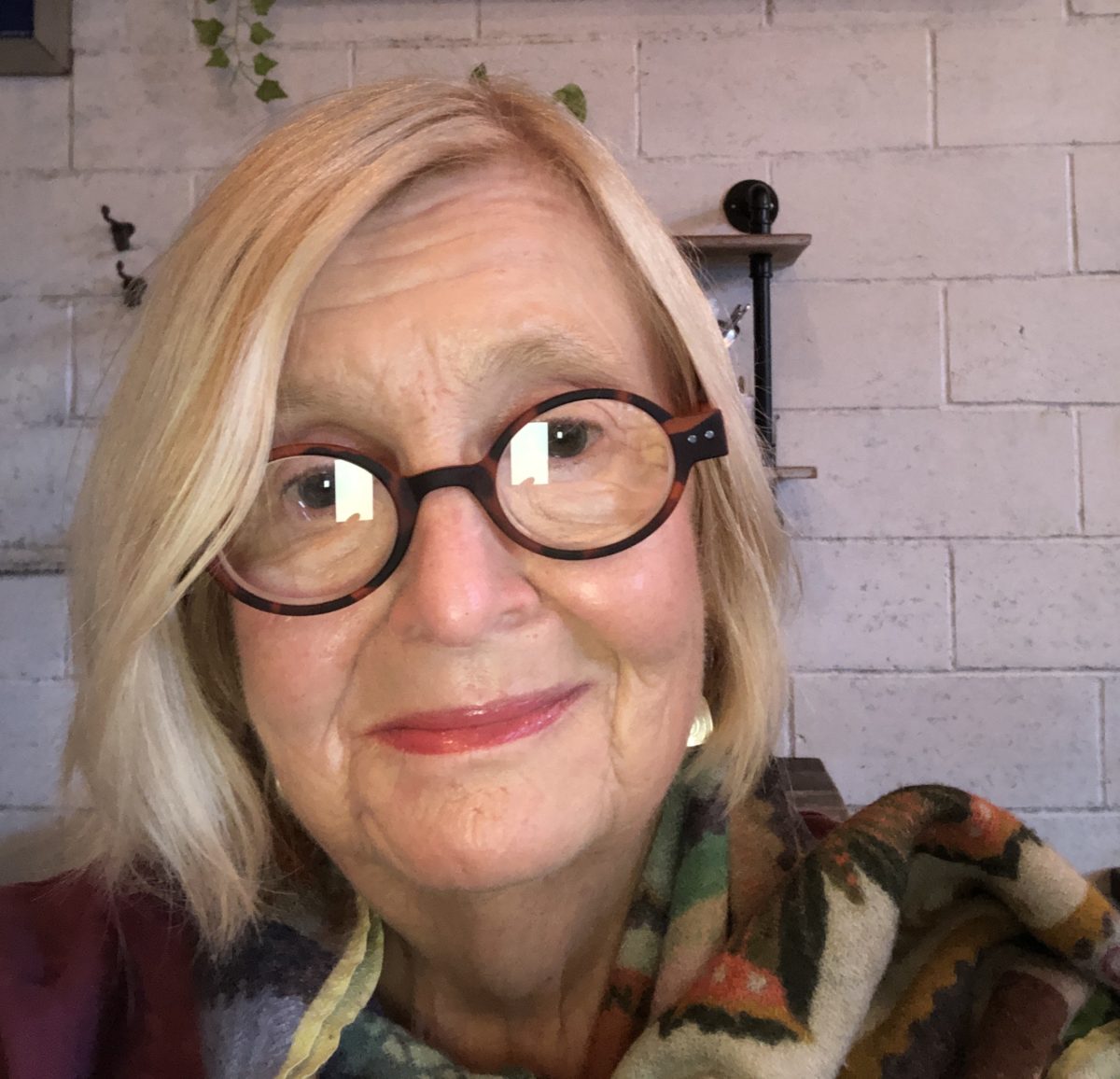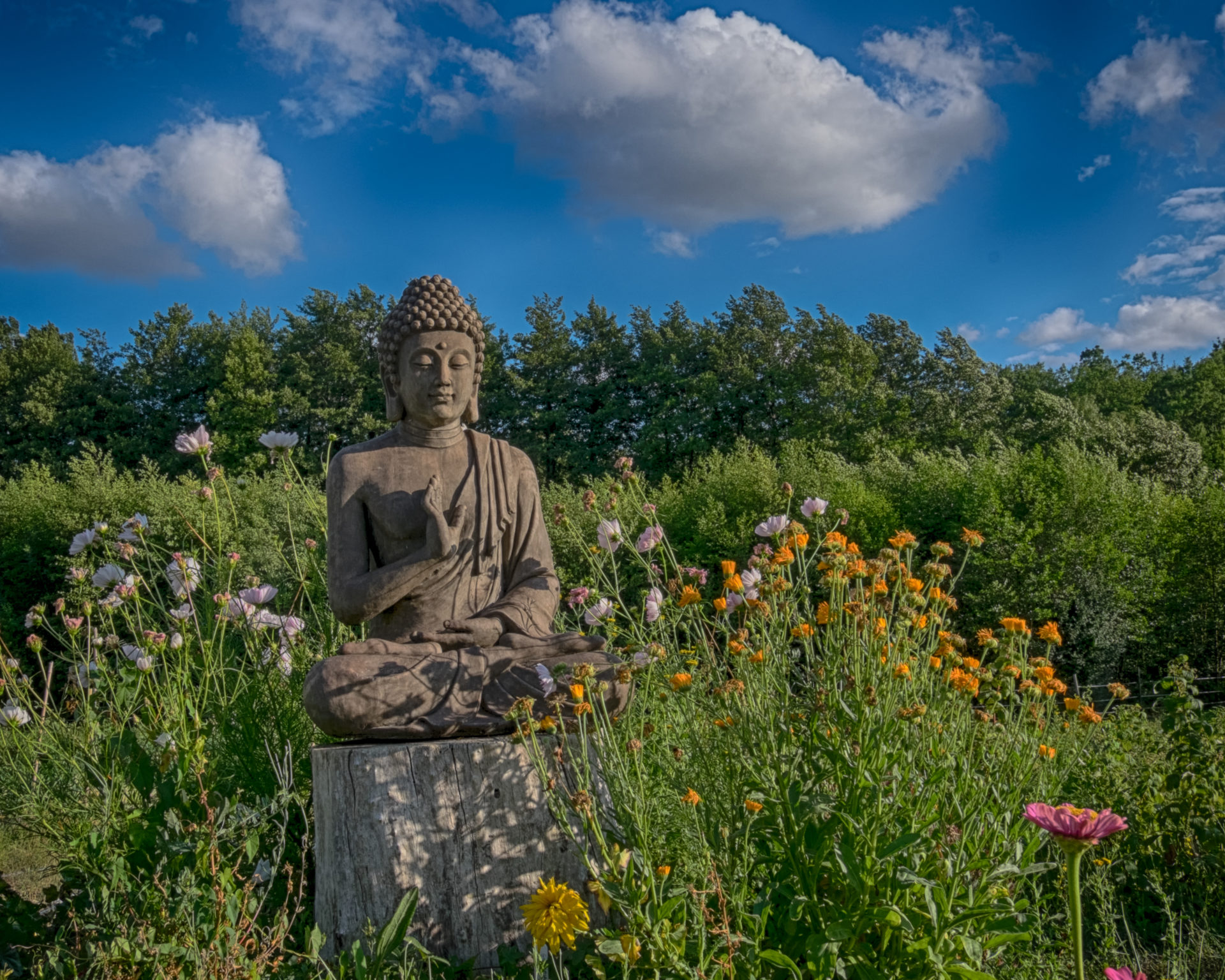By Eileen Mahoney

My older brother Bud and I were brought up in an alcoholic family. Our father was often away due to work, and our mother was depressed and often in bed. Even though she was at home, she was not present. She had a habit of pitting us kids against each other and forcing us to take sides to align with her against the imagined wrongdoing of whatever child was the black sheep that week or that month.
By Eileen Mahoney

My older brother Bud and I were brought up in an alcoholic family. Our father was often away due to work, and our mother was depressed and often in bed. Even though she was at home, she was not present. She had a habit of pitting us kids against each other and forcing us to take sides to align with her against the imagined wrongdoing of whatever child was the black sheep that week or that month.
Bud and I had been estranged off and on for years. Although I loved him very much, I found it impossible to be around him. He was judgmental and angry—sometimes full of rage—and I was afraid of him.
As children, Bud and I were close. As we got older, although we tried to get along, we ended up living our mother’s habit energies—we became enemies. We disagreed mostly about how to intervene in our siblings’ lives or their children’s lives to save them from their own addictions. Desperate to help, and unmindful of any of the real causes and conditions, we reacted out of our own suffering rather than transforming it into compassion, understanding, and right action.
For years I wanted to make amends to Bud for how I had hurt him in the past, but I was too afraid. I felt that I couldn’t make those amends until I had let go of my anger and fear toward him. It had been a long time, but I finally made some progress. I didn’t feel as triggered when I thought of him, and the intensity of my anger diminished.
Then I met Thay’s practice. I dove in enthusiastically and took the Five Mindfulness Trainings at my first retreat. Thay’s teaching on transforming suffering touched me deeply. As I practiced with the mindfulness trainings, the First Mindfulness Training struck me. I couldn’t practice open-mindedness and non-attachment to views with my brother.
I realized that I was “killing” my brother and myself emotionally with my judgment and fear. Practice brought more insight: I saw how I lacked openness toward his point of view, how I had been judgmental of him, how I blamed him, and how I shut him out of my life for periods of time. I discriminated against his ideas, friends, and lifestyle. And I had a very rigid point of view about who he was and his values.
I decided to incorporate this growing awareness into my other work around making amends and my forgiveness work with him. Every time I thought of him with some judgment, I would remember the training. Instead of reflexively condemning him, I would stop, focus on my breath, and say to myself, “Allow for the possibility that … (fill in the blank: he doesn’t think that, he didn’t do that, he had a different motivation, he meant to be loving and not judgmental, etc.).”
In other words, maybe my perception wasn’t accurate. Thay’s “Are you sure?” echoed in my mind, and I used it often. The act of challenging my perceptions of my brother allowed me to see how limiting those perceptions were. This process created some space for other perceptions and feelings.
I combined these practices with my meditation practice to embrace my anger and fear. I also embraced my inner child, who had been so frightened and alone. I practiced Beginning Anew with myself and set an intention of relating to my brother from the present, not the past. All of these elements have been instrumental in transforming my relationship with my brother and, of course, myself. During the time I did the internal work of deep looking, my brother and I did not speak to each other.
Finally, I felt grounded and openhearted enough to contact him. Over the summer, I reached out and invited him to a Celtic music concert given by friends of mine. He came, and we had an enjoyable time together sharing our common interest in music. When we parted, we both said, “I love you.” That was the very first time we had ever said that to each other—a huge milestone for us.
We’ve spoken on the phone a few times since then and had lunch again just before Christmas. We spent two hours talking and reminiscing in an Indian restaurant. We shared how we got hurt as children and how we grew up trying to heal from our different expressions of that woundedness. We both acknowledged that we had not been able to be very skillful during that time. Now every contact ends with “I love you.”
Finally, we are changing the ancestral script. The practice helped me open up enough to heal my own heart so that I could reconcile with my brother. In doing so, I have also healed my relationship with my ancestors. It gives me great comfort to know that as I heal, they heal. As I incorporate them into my life, I feel more grounded and whole. The practice has allowed me to transform my suffering so that I am living a more peaceful, lighthearted, and purposeful life.
Thank you so much, Thay, for the threads of your teaching that continue to help me to heal these old wounds and weave a transformed, healed life of love and service. I hope that sharing my experience with the practice can help you, dear reader, to see how you can use the practice to heal old hurts and longstanding relationships.

Eileen Mahoney enjoys walking meditation in nature since she lives in a stunning part of the country. She practices with Berkshire Mountain Laurel Sangha, Massachusetts, US, where she facilitates a sutra study group and offers Days of Mindfulness for people who are healing from addictions. She visits Blue Cliff Monastery and MorningSun community as often as she can.

